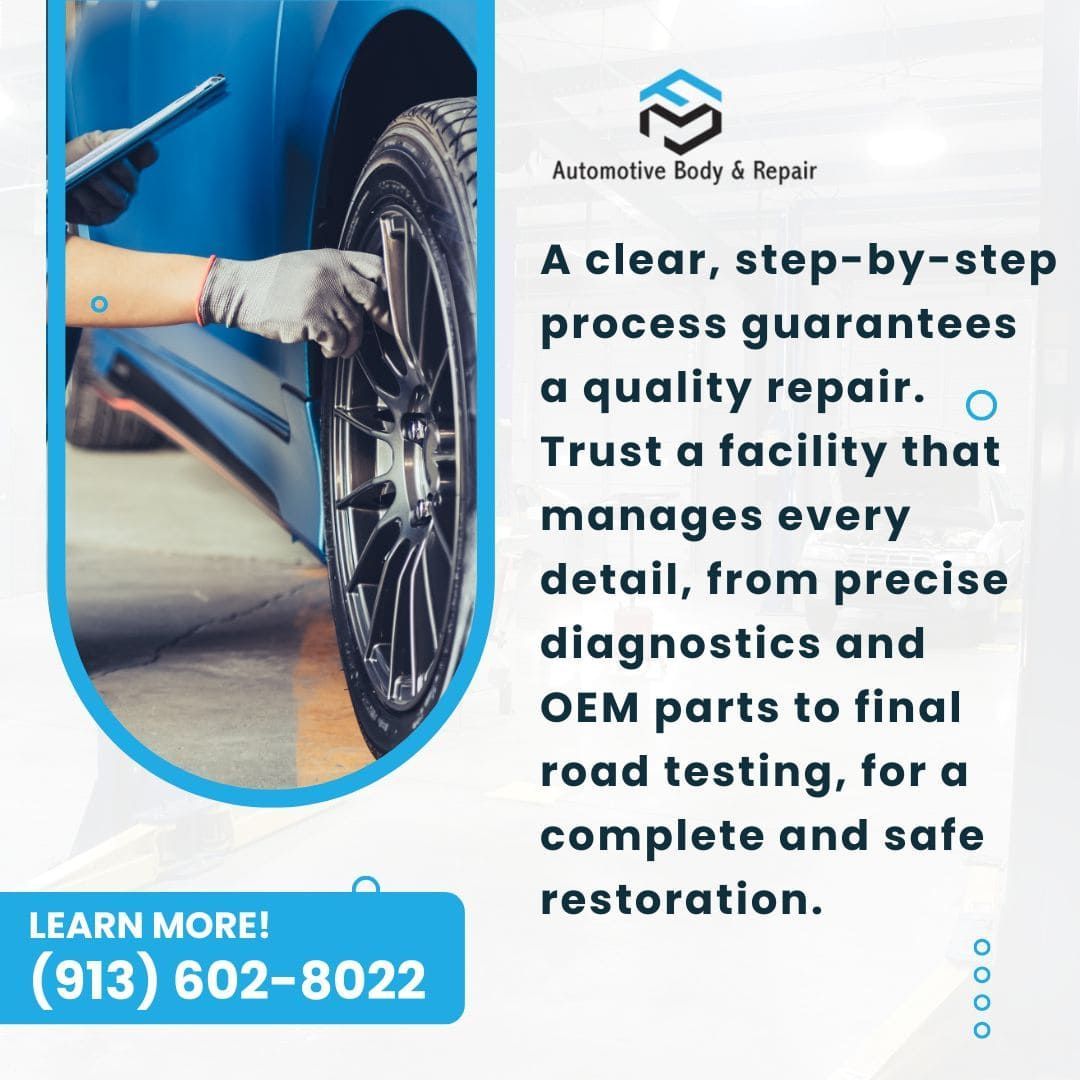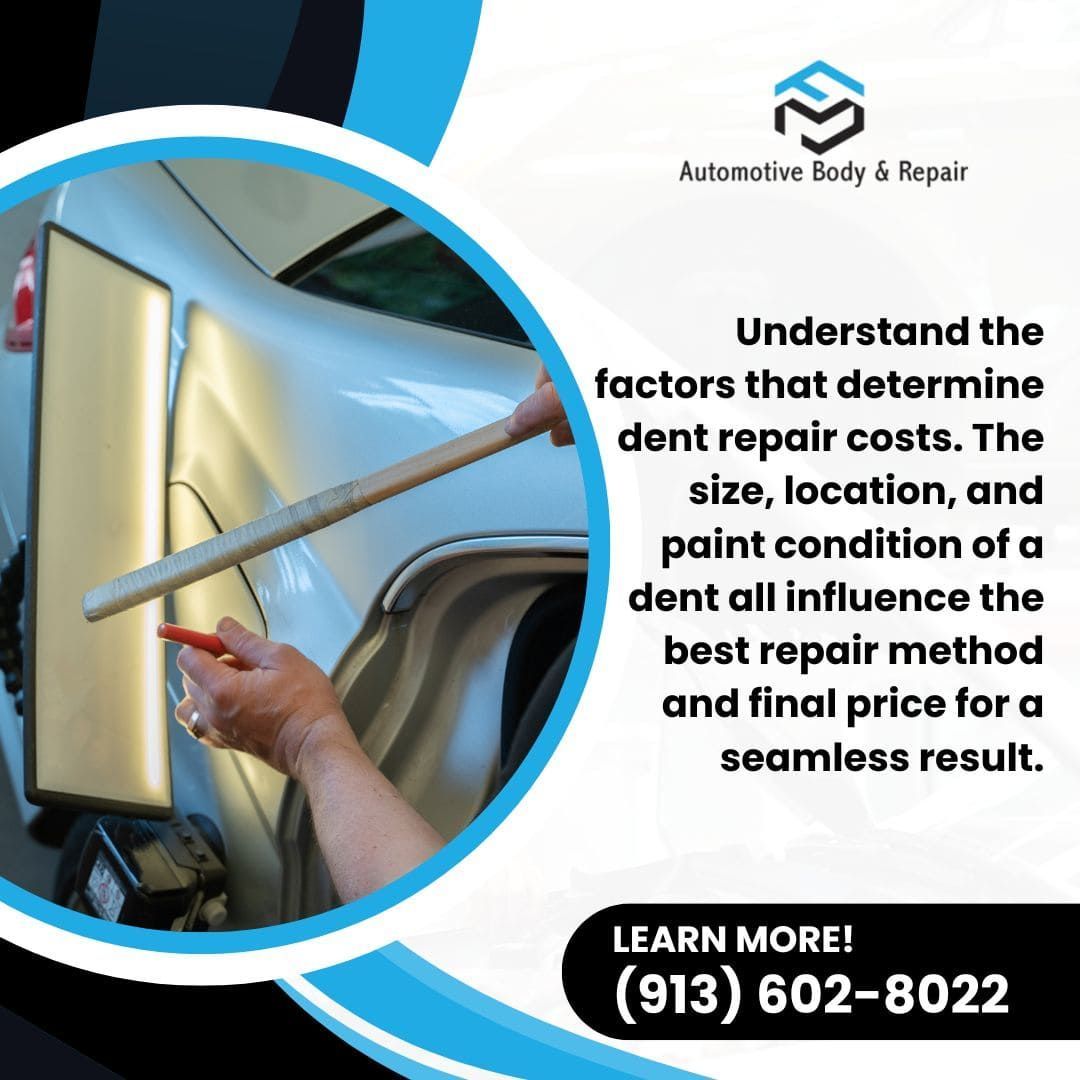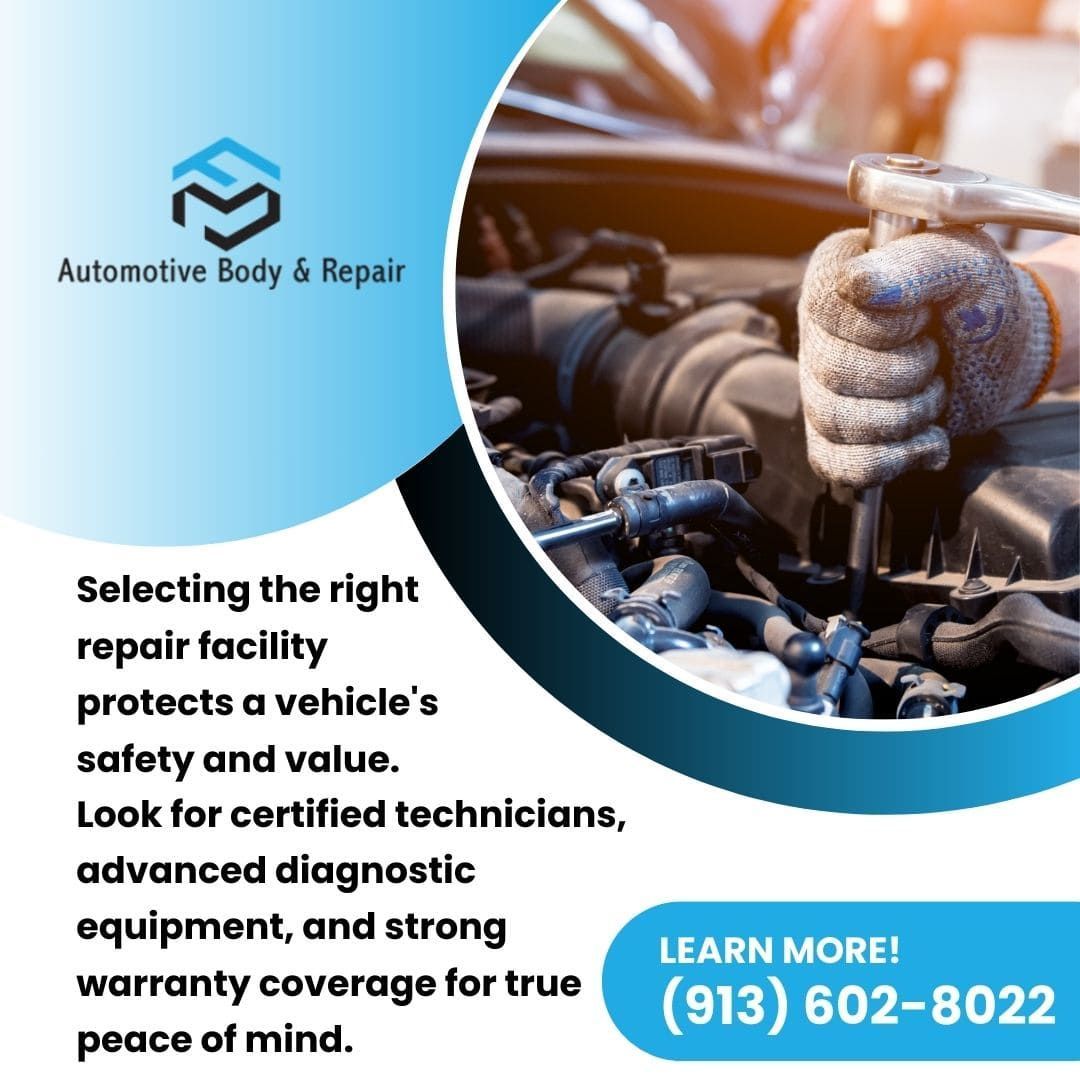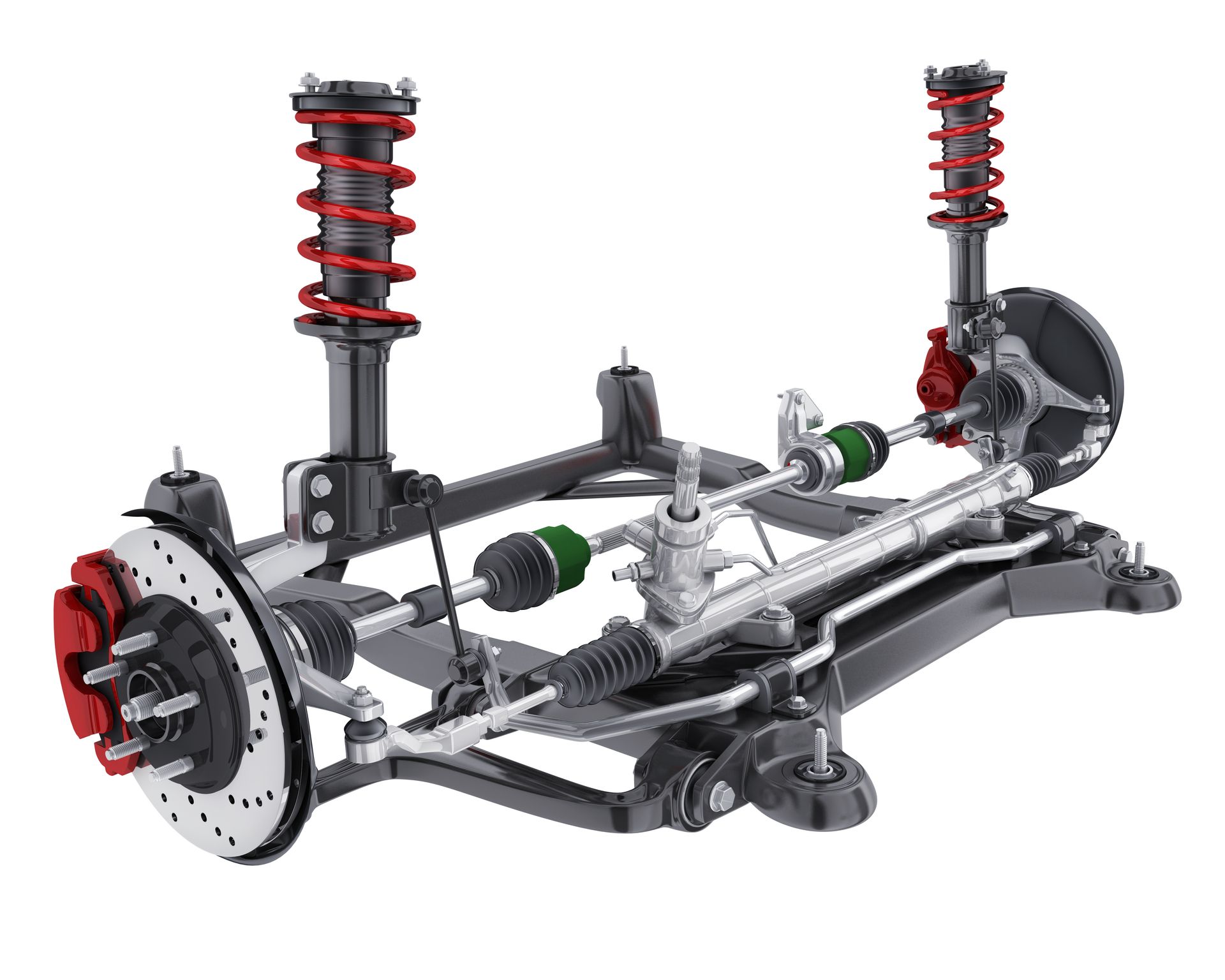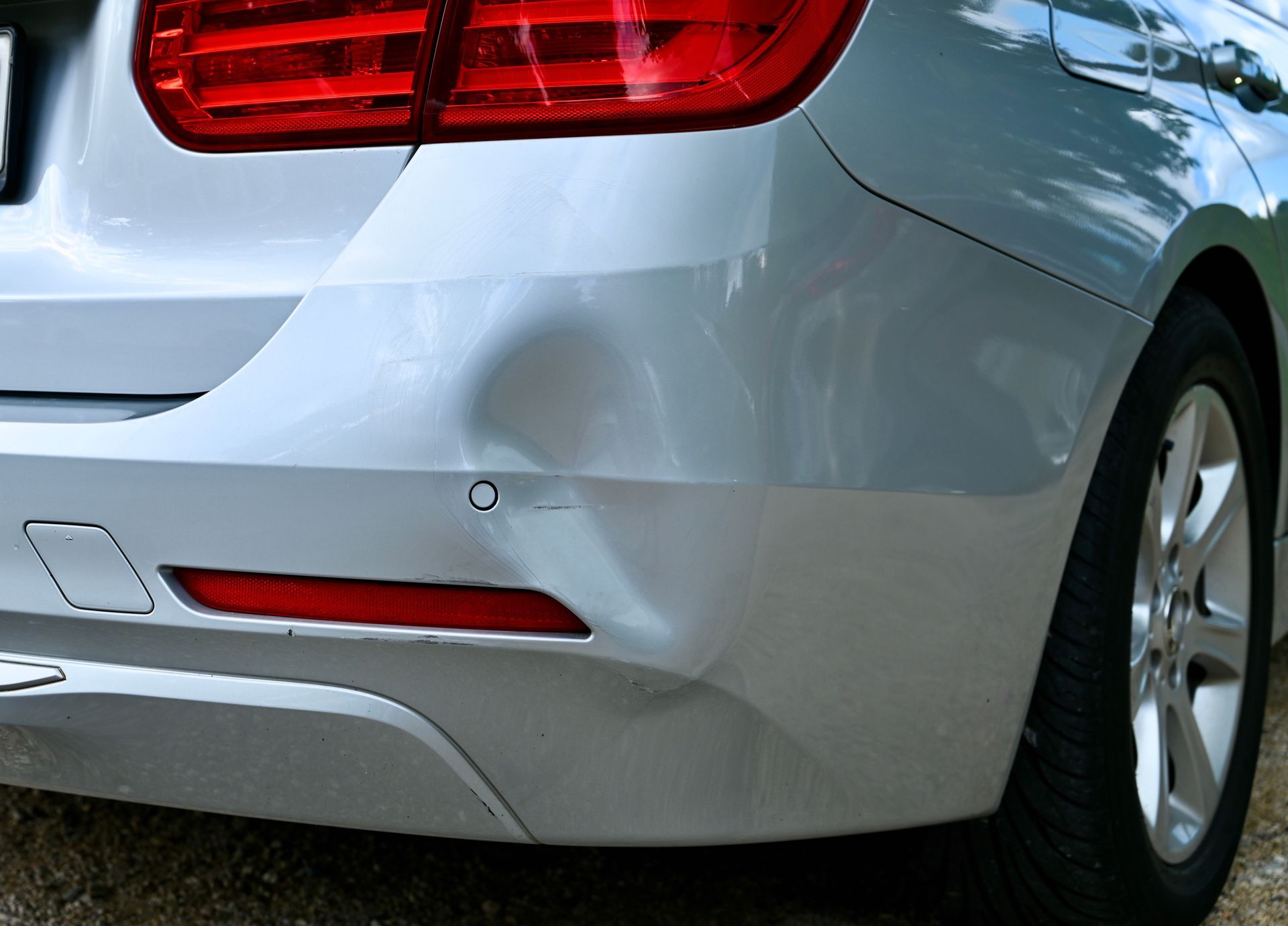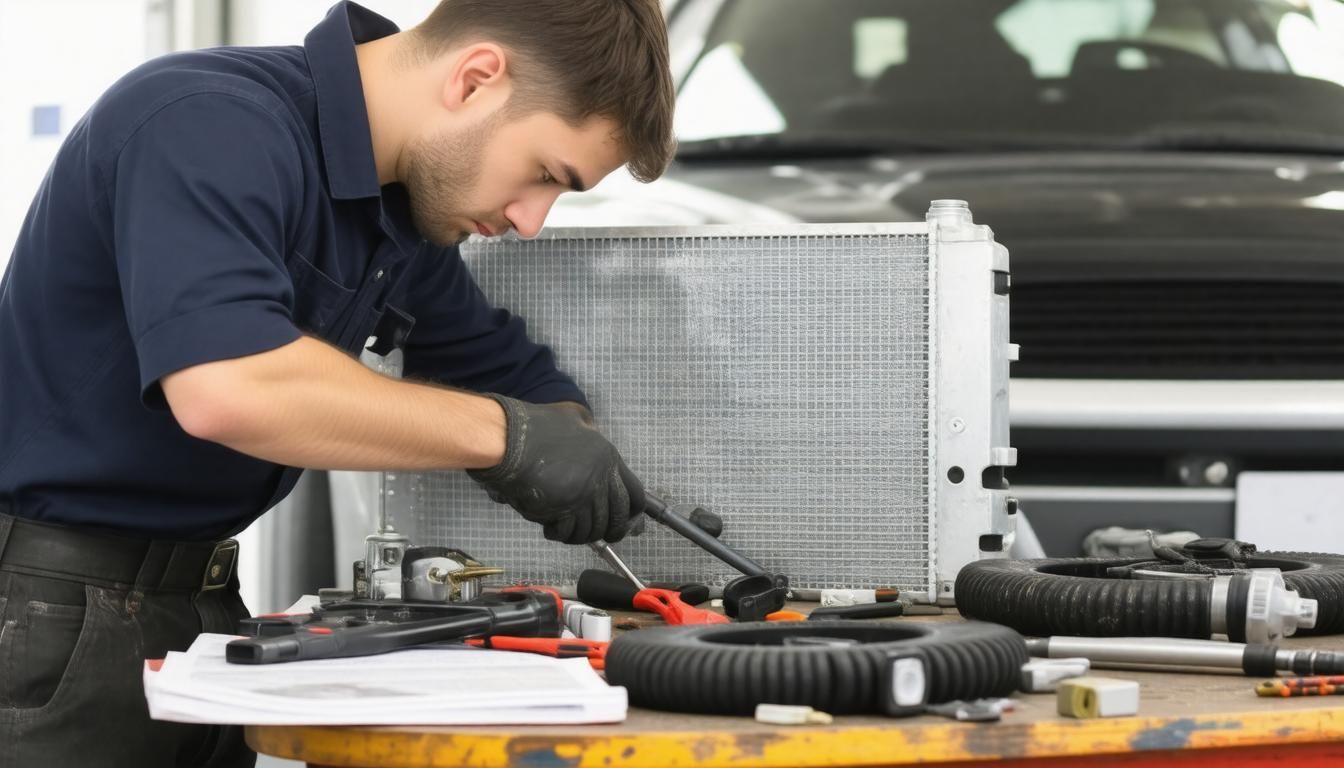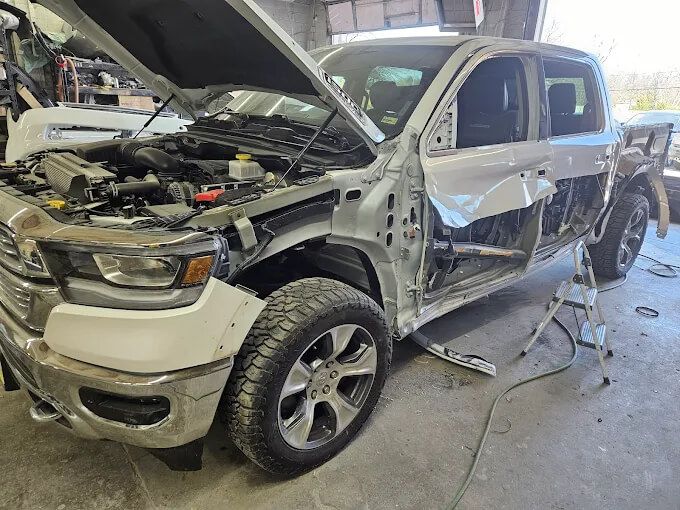Rust is the enemy of any vehicle owner. Not only does it mar the appearance of your car, but it can also compromise its structural integrity. The good news is that rust is preventable with a little knowledge and some proactive measures. We'll share the steps you can take to protect your vehicle from the ravages of rust.
What Causes Rust?
Rust is a chemical reaction that occurs when iron or steel meets water and oxygen. It's a common issue for vehicles, especially those exposed to harsh weather conditions, road salt, and moisture. Over time, even small scratches or dents can become entry points for rust to form. But why exactly does rust seem to have such a voracious appetite for our cars?
Regular Washing and Waxing
Keeping your vehicle clean is one of the most effective ways to prevent rust. Dirt, grime, and road salt can trap moisture against your car's metal surfaces, accelerating the rusting process. Regularly washing your car, especially the undercarriage, can remove these harmful elements.
But washing isn't enough on its own. Waxing your vehicle provides an additional layer of protection by creating a barrier between the metal and the elements. A good wax job can repel water, making it harder for rust to take hold. Aim to wax your car at least twice a year to keep it in top condition.
Inspect and Repair Paint Chips and Scratches
Paint isn't just for looks; it's a crucial protective layer that shields your car's metal body from the elements. When the paint is chipped or scratched, it exposes the metal underneath to water and oxygen, which can quickly lead to rust.
Regularly inspect your car for any signs of paint damage. If you find any chips or scratches, repair them promptly. There are many DIY kits available for minor repairs, or you can take your car to a professional for more extensive damage.
Use Rust-Proofing Products
There are several rust-proofing products available on the market designed to protect your vehicle. These products come in various forms, including sprays, oils, and undercoating treatments. Rust-proofing sprays can be applied to areas prone to rust, such as the undercarriage, wheel wells, and door frames.
Undercoating is a more thorough method, involving a professional application of a protective layer to the underside of your vehicle. This can be especially beneficial if you live in an area with harsh winters and salted roads. Regular reapplication of these products will ensure continuous protection.
Store Your Vehicle Properly
Where and how you store your vehicle can also impact its susceptibility to rust. If possible, keep your car in a garage, especially during wet or snowy weather. A dry, covered environment will significantly reduce the chances of rust forming.
If a garage isn't an option, consider investing in a quality car cover. Make sure the cover is made from a breathable material to prevent moisture from getting trapped underneath. Additionally, avoid parking your car on grass or dirt, as these surfaces can retain moisture and accelerate rusting.
Maintain Your Car's Drainage System
Your vehicle has several drainage points designed to expel water and prevent it from accumulating in places where rust can form. These drainage points can become clogged with debris over time, leading to water buildup.
Regularly check and clear your car's drainage points, including those in the doors, sunroof, and trunk. Ensuring these passages are free from blockages will help keep your car dry and rust-free.
Regular Inspections by a Professional
While DIY methods can go a long way in preventing rust, there's no substitute for professional inspections. Our technicians can spot potential problem areas that might not be visible to the untrained eye. Schedule regular inspections with your trusted repair shop to ensure your vehicle stays in the best possible condition.
Concerned about rust on your vehicle? Trust
F & M Automotive Body & Repair to provide effective rust prevention and repair solutions. Drive with confidence, knowing your car is protected. Make an appointment with us today!
